There are many high blood pressure medications, and every one of them has benefits and side effects. There are people with pre-hypertension, meaning they have a good chance of developing high blood pressure, there are people with stage one high blood pressure, and those with stage two high blood pressure. These groups are formed depending on how high somebody\'s blood pressure is. Medications for hypertension are prescribed depending on the group a person belongs to.
Lifestyle Changes
Every person should do their best to lead a healthy life. Lifestyle changes can reduce or eliminate the need for medications for hypertension. Some of them are avoiding smoking and alcohol, eating a healthy diet that includes fruits, vegetables, low-fat foods, and foods with low levels of salt, exercising regularly, and maintaining a healthy weight. People with stage one and two high blood pressure will have to incorporate these lifestyle changes and take prescribed medications, while those with prehypertension might benefit from healthy life only.
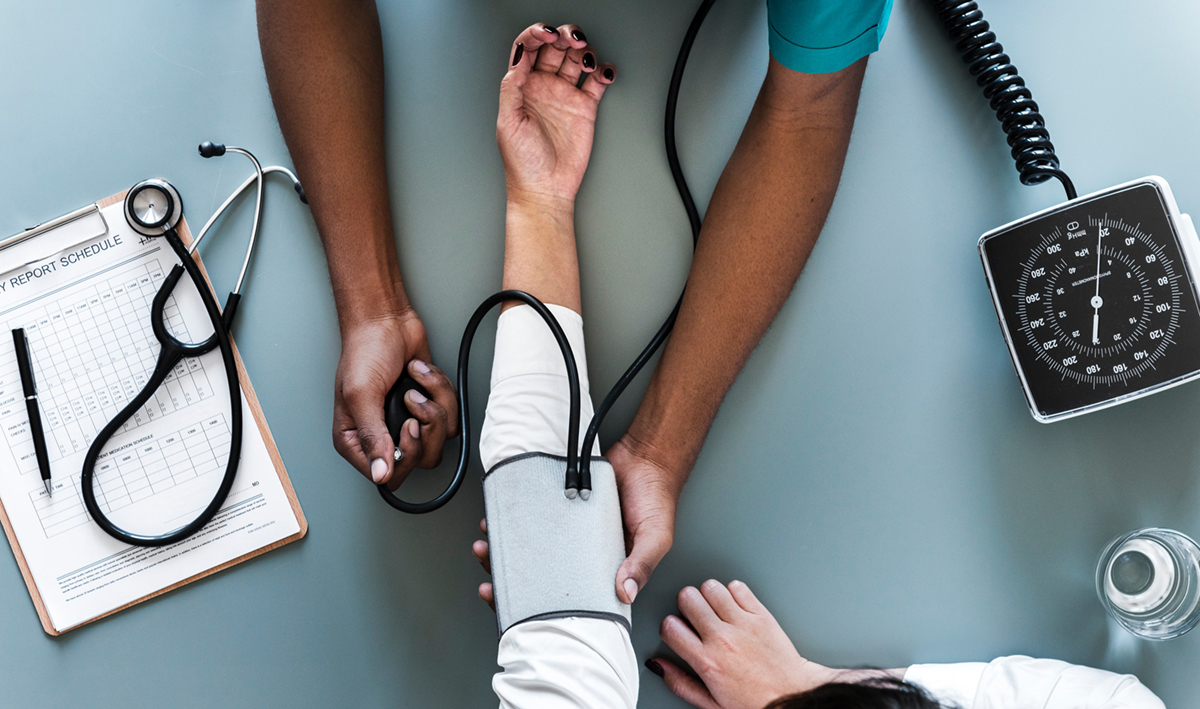
Medications for High Blood Pressure
People with stage one high blood pressure, meaning pressure from 140/90 to 159/99 from their doctor usually get a diuretic or water pill. They drain the excess water and sodium from the body, thus lowering the pressure. The most common diuretic is thiazide. Other medications besides diuretics are angiotensin-converting enzyme inhibitors such as captopril, lisinopril, and ramipril.
Second choice would be angiotensin II receptor blockers such as losartan, olmesartan, and valsartan. Beta-blockers are prescribed for lowering high blood pressure by reducing nerve signals to the heart and blood vessels. The most common beta blockers are metoprolol, nadolol, and penbutolol.
Common calcium channel blockers that prevent calcium from going to the heart and blood vessels are amlodipine, diltiazem, and nifedipine. Combining two medications may have great benefits. One of them allows a person to take smaller doses of each medication, thus reducing the side effects of all the medications. The choice of medications in a mix is determined by a doctor according to the individual needs of a patient.
People who have stage two high blood pressure, meaning pressure higher than 160/100, are likely to take a minimum of two high blood pressure medications as a treatment. The first thing a doctor prescribes is a thiazide diuretic, but along with it, the doctor may advise you to take ACE inhibitors such as captopril, lisinopril and ramipril, angiotensin II receptor blockers such as losartan, olmesartan and valsartan, beta-blockers such as metoprolol, nadolol and penbutolol, calcium channel blockers such as amlodipine, diltiazem and nifedipine.
If none of these combinations succeeds in lowering a patient's blood pressure, the doctor may suggest another medication. One of these is an alpha blocker, central-acting agent, or vasodilator. A combination of two medications works faster and has fewer side effects, so it is especially suitable for people with extremely high blood pressure. If the blood pressure goal is not achieved, a third medication is added to the combination.
- We conducted a meta-analysis of 52 randomized placebo-controlled trials. The data were extracted from published articles and pooled to calculate NNTs. The participants were divided into five groups, based on the mean SBP at entry (120–129.9, 130–139.9, 140–159.9, 160–179.9, and ?180 mmHg).
- Furthermore, we stratified patients into those with and without cardiovascular disease. The primary outcomes were the major adverse cardiovascular events (MACEs), and adverse events (AEs) leading to discontinuation.
- Antihypertensive medications were not associated with MACEs, however, it increased AEs, when the SBP was
Final Notes
People who have high blood pressure and other health problems usually need aggressive treatment. Other conditions may be heart failure, a history of heart attacks, an enlarged left chamber of the heart, chronic kidney disease, diabetes, or stroke. People who have high blood pressure are at greater risk of developing some of these conditions.
If a person has one of these conditions and high blood pressure, they will need aggressive treatment to reduce the risk of serious complications.
It is very important to find the right combination and dose of medications to effectively treat both blood pressure and other conditions. Besides medications, it is very important to develop healthy eating habits, to exercise regularly, and to home monitor one\'s blood pressure.


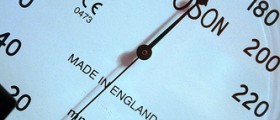

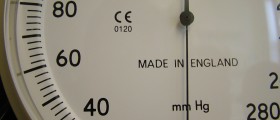

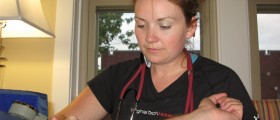

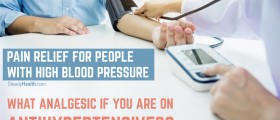
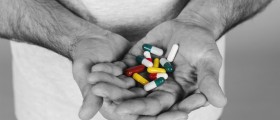
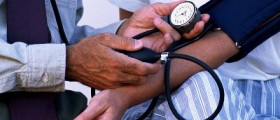


_f_280x120.jpg)
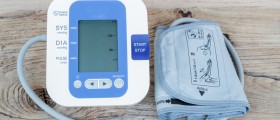

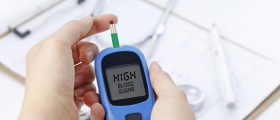
Your thoughts on this
Loading...